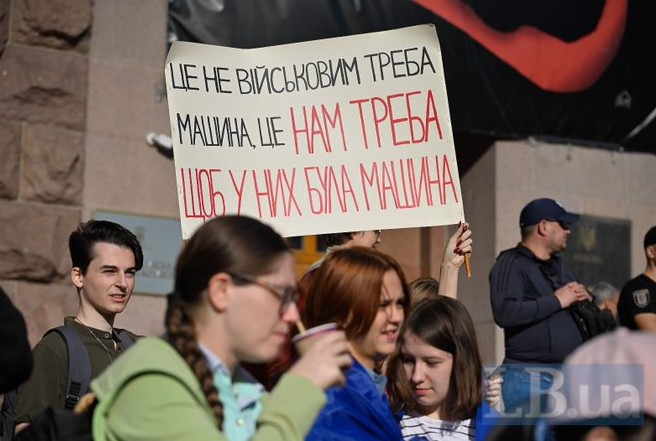Ukraine war: Anti-corruption bodies regain independence in key legal move backed by EU and US
In a significant turn of events during the ongoing Ukraine war, Kyiv has moved to restore the independence of its key anti-corruption agencies— a decision welcomed by Western allies as essential for continued support.
A new bill introduced in Ukraine’s parliament on Thursday reinstates the full procedural authority of the National Anti-Corruption Bureau of Ukraine (NABU) and the Specialised Anti-Corruption Prosecutor’s Office (SAPO).
“Restores all procedural powers and guarantees of independence of the NABU and SAPO,” the agencies said in a joint statement. They urged lawmakers to swiftly pass the legislation, calling it vital to prevent disruptions to existing corruption cases.
This comes in response to domestic and international backlash after a previous bill controversially stripped both agencies of their autonomy.
That legislation sparked protests in Ukraine’s cities and concern among key European partners. President Volodymyr Zelenskyy, under pressure, has now pledged to safeguard judicial independence.
The European Union reacted positively, calling the reversal a vital step. “We provide significant financial support to Ukraine and this is conditional to progress and transparency, judicial reform, and democratic governance,” said an EU spokesperson.
Support for Zelenskyy’s move also came from European leaders, including Ursula von der Leyen, Germany’s Friedrich Merz, and the UK Prime Minister, Keir Starmer.
But Ukraine’s internal reforms unfold against a tense international backdrop. EU representatives met with Chinese President Xi Jinping in Beijing, where Russia’s invasion remained a contentious subject.
Antonio Costa, President of the European Council, revealed that China was pressed “at length” over its continued trade and diplomatic support for Russia. Von der Leyen went further before the meeting, stating that Beijing was “enabling Russia’s war economy.”
President Xi pushed back, urging Europe to “properly handle differences and frictions … The current challenges facing Europe do not come from China.”
Meanwhile, on the frontlines, the human toll continues. Ukrainian authorities reported that a Russian strike in the Kharkiv region killed a family of three, a couple and their son, who had already been displaced by earlier fighting. Later, a missile hit the city of Kharkiv, injuring 33 people, including children.
Further south, Cherkasy saw a barrage of drone and missile attacks. Seven people were wounded, including a child, according to emergency services.
In Washington, the US government announced fresh military assistance to Ukraine totalling $330 million.
This includes $150 million for maintaining M109 self-propelled howitzers and $180 million to sustain air defence systems. American contractors named include BAE Systems and Daimler Truck North America.
This follows a separate $322 million package announced just a day earlier, targeting Hawk missiles and Bradley infantry vehicles.
However, Western unity is being tested by reports from Reuters that an Indian company exported $1.4 million worth of HMX, a powerful military-grade explosive, to Russia in December 2024, despite US sanctions.
HMX, also known as octogen, is used in missile warheads and bombs. The compound was reportedly shipped to a Russian manufacturer linked by Ukraine’s SBU security agency to the Kremlin’s military supply chain.
In April, Ukraine carried out a drone strike on one of the company’s factories, according to an SBU official.
Washington considers HMX “critical for Russia’s war effort,” yet India insists its exports follow “international obligations on non-proliferation,” and undergo a “holistic assessment,” according to its foreign ministry.
While the war rages on, Ukraine’s latest step to strengthen the rule of law at home signals a continued push to align with EU standards, a move that may prove pivotal in the long-term fight for sovereignty and legitimacy.






